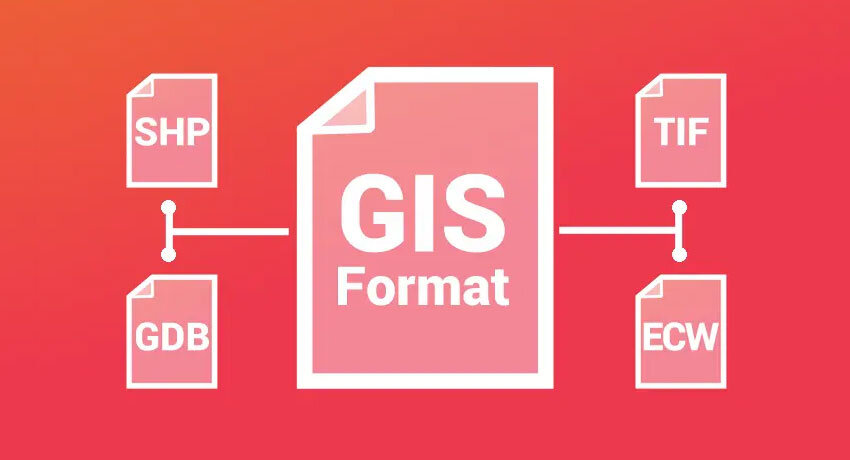"Turn Your Passion for GIS into a Rewarding Career- GVI®"
-
Develop Your GIS Skills: Start by acquiring the necessary skills and knowledge in GIS. Familiarize yourself with GIS software, remote sensing techniques, spatial analysis, data management, and cartography. Explore online tutorials, courses, and resources to enhance your proficiency in these areas.
-
Obtain Relevant Education: Pursue formal education in GIS or related fields. Consider enrolling in a bachelor’s or master’s degree program in geography, geoinformatics, geomatics, or a related discipline. Acquiring a degree will provide you with a solid foundation and enhance your credibility in the job market.
-
Gain Practical Experience: Hands-on experience is crucial in the GIS field. Look for opportunities to gain practical experience through internships, research projects, or part-time positions. Work on real-world projects, build a portfolio showcasing your GIS work, and demonstrate your ability to apply GIS skills to solve spatial problems.
-
Networking: Networking plays a vital role in finding job opportunities. Attend GIS conferences, workshops, and industry events to connect with professionals in the field. Join online GIS communities, participate in forums, and engage with GIS-related social media groups. Networking can provide insights into job openings and help you establish valuable connections.
-
Job Search Platforms: Utilize job search platforms and websites that specialize in GIS job postings. Some popular platforms in India include Naukri, Indeed, LinkedIn, and Geospatial World Jobs. Regularly check these platforms for relevant job openings and apply to positions that match your skills and interests.
-
Government Opportunities: Explore job opportunities in government sectors such as urban planning departments, environmental agencies, forestry departments, disaster management agencies, and surveying departments. Keep an eye on government job portals, such as the Union Public Service Commission (UPSC) website, state public service commission websites, and government job portals at the central and state levels.
-
Private Sector: Research private companies that use GIS in their operations. Industries such as urban planning, infrastructure development, environmental consulting, agriculture, transportation, telecommunications, and natural resource management often have a demand for GIS professionals. Check company websites, job portals, and professional networks for openings in these sectors.
-
Build a Professional Profile: Create a compelling resume and tailor it to highlight your GIS skills, education, and relevant experience. Include your portfolio or links to your GIS projects. Develop a strong LinkedIn profile and showcase your GIS work and expertise. Engage in discussions and connect with professionals in the GIS industry.
-
Professional Certifications: Consider obtaining professional certifications to enhance your credentials and demonstrate your expertise. Certifications such as GIS Professional (GISP) or GVI® Technical Certifications can be valuable assets when applying for GIS jobs in India.
-
Stay Updated and Keep Learning: The GIS field is continuously evolving, with new technologies and trends emerging. Stay updated with the latest advancements in GIS by following industry publications, attending webinars, and participating in online courses or workshops. Continuous learning and upskilling will make you a more competitive candidate in the job market.
Remember that securing a GIS job may require persistence and patience. Keep honing your skills, expanding your network, and staying proactive in your job search. With the right combination of knowledge, experience, and determination, you can find rewarding GIS opportunities in India.


